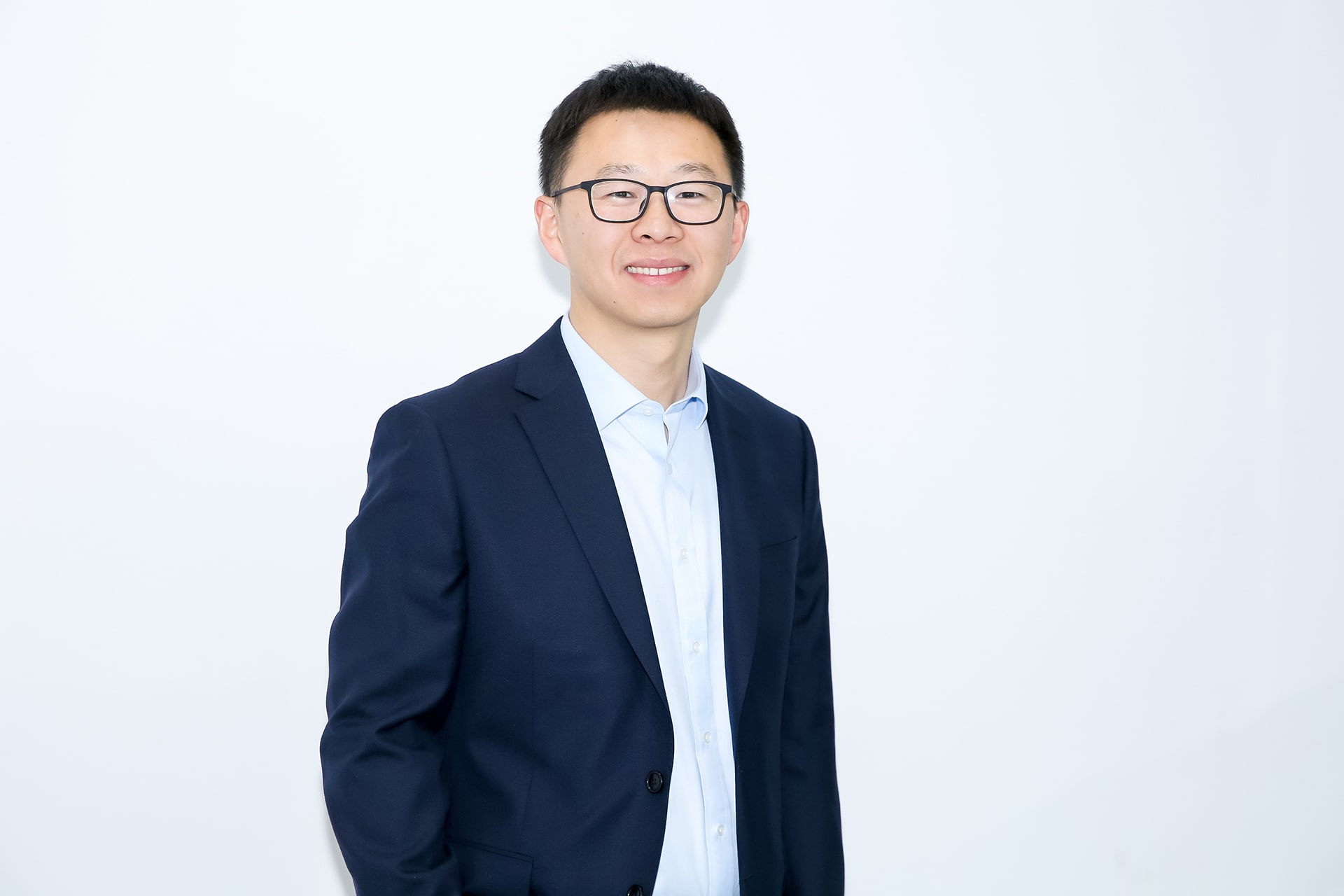Botree Recycling Technologies, a Suzhou-based company specializing in battery materials recycling, has secured an eight-figure RMB sum in additional Series B funding. The latest investment came from the Taiping Science and Technology Innovation Fund and supplements an earlier commitment of nearly RMB 100 million (USD 14 million) from the round’s lead investor. The capital will support product R&D and international project development.
Founded in May 2019, Botree provides end-to-end solutions for recovering critical battery materials, covering everything from pre-processing to metal extraction, purification, and materials regeneration. The company was founded by Lin Xiao, a former researcher at the Institute of Process Engineering under the Chinese Academy of Sciences, where he focused on critical metal separation and sustainable battery material manufacturing.
Today, Botree operates in more than ten countries across the Asia Pacific, Europe, North America, and the Middle East. Its client base includes major energy firms as well as domestic and global battery and energy industry players. The company provides consulting, technical support, intelligent distributed equipment, and turnkey project services including design, manufacturing, and operations. It has reportedly delivered over 60 such projects.

Battery recycling as a service export
A McKinsey report projects that by 2030, global passenger vehicle sales will exceed 80 million units annually, with electric vehicles comprising about half. Given EV batteries typically last five to eight years, rising adoption has made battery recycling a global imperative.
According to Lin, China is not only the world’s largest and most centralized battery recycling market, but also a key reference point for engineering solutions. Still, he noted, domestic business models aren’t easily transferable. “Domestically, most retired batteries circulate through a resale system that inflates the cost by the time they reach recyclers. In China, because the price is already high, recovery rate becomes the key technical metric. But abroad, battery processing capacity is limited, environmental regulations are stricter, and both labor and energy costs are high,” Lin said. “In Europe, the greatest cost sensitivities are energy and labor. That shifts the performance metrics completely.”
A battery regulation implemented by the European Union in August 2023 requires manufacturers to collect and recycle used batteries, including establishing a recycling network and covering related costs. By 2031, the rules mandate recovery rates of 95% for cobalt and nickel, and 80% for lithium. Leading Chinese recyclers already report exceeding those thresholds for cobalt and nickel, and achieving over 90% for lithium.
Lin emphasized the service-oriented nature of the business. “From day one, we never saw ourselves as just a recycling solution provider,” he said. “Our goal has always been to operate and maintain energy infrastructure. Whether it’s EV batteries in transportation or storage batteries in the energy sector, these are becoming part of public infrastructure and long-term social assets. With that shift, we need standardized operations and professional upkeep, replacing the old with the new.”
That’s why Botree avoids sourcing spent batteries from the open market. Instead, it serves institutional clients—recycling facilities, battery producers, automotive OEMs (original equipment manufacturers), and energy firms—by providing technical services, equipment, and long-term operational support.
A tailored global expansion strategy
Technology underpins Botree’s international plans. The company has developed two technical approaches based on battery chemistry, according to Lin. For recyclable ternary batteries (nickel, cobalt, lithium), Botree reuses the recovered materials to produce high-performance batteries like high-nickel or solid-state types. “This approach upgrades both quality and quantity of output.”
For lithium iron phosphate batteries, which are near their theoretical performance limits, Botree applies a direct material-to-material repair method. “This approach depends on consistent raw material standards and a stable ecosystem for battery take-back and recycling,” Lin added.
At the center of its tech stack is a proprietary extraction system. Botree’s co-extraction process simultaneously recovers nickel, cobalt, and manganese for battery-grade materials. The company claims the method cuts equipment costs by more than 30% and reduces energy use by over 10% compared to conventional processes.
Before scaling up, Botree conducts both lab and pilot-scale validation for each client to ensure the extractant’s performance and long-term reliability.
“We rely on project-based models globally. Providing localized recycling services requires local factories, which is a big lift,” Lin said.
One such example is Botree’s joint venture in Spain. In January, the company announced a partnership with Ilunion and EFT-System to build a plant capable of recycling 6,000 tons of lithium iron phosphate batteries annually. The facility is designed to enable closed-loop battery recycling across Europe and will function as a special employment center, where more than 70% of staff will be individuals with disabilities.
Botree had worked with Ilunion for two years before formalizing the joint venture. “We build a prototype line in China for the client, get EU CE certification, train local staff, then ship the equipment to Europe and install it on-site,” Lin said. “This is basically the reverse of how foreign automakers entered China back in the day.”
The company earns revenue from technical service fees, equipment sales, and operational partnerships. Its global strategy combines technical consulting, hardware distribution (including complete lines and parts), and ongoing operations and maintenance. Typically, Botree begins by supporting local factory setup, then transitions into a long-term operational role.
Across engagements, the firm seeks to balance commercial returns with sustained R&D investment, even amid the unpredictability of global expansion.
The latest funding could also support strategic synergies, such as insurance coverage for new energy vehicles or collaborations with Chinese energy companies operating abroad. Botree’s long-term goal is to localize solutions for diverse regulatory environments, then reintegrate the most effective elements across markets to keep advancing the battery recycling sector globally.
KrASIA Connection features translated and adapted content that was originally published by 36Kr. This article was written by Zhang Bingbing for 36Kr.
